Pros & Cons of boiler heating system?
stretchad
16 years ago
Related Stories
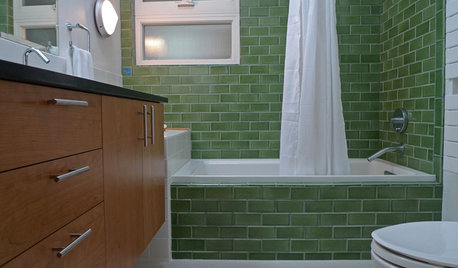
BATHROOM DESIGNBathroom Surfaces: Ceramic Tile Pros and Cons
Learn the facts on this popular material for bathroom walls and floors, including costs and maintenance needs, before you commit
Full Story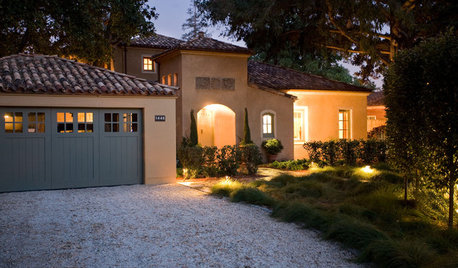
REMODELING GUIDESGravel Driveways: Crunching the Pros and Cons
If you want to play rough with your driveway, put away the pavers and choose the rocky road
Full Story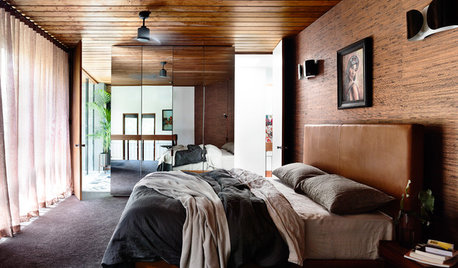
FEEL-GOOD HOMEThe Pros and Cons of Making Your Bed Every Day
Houzz readers around the world share their preferences, while sleep and housekeeping experts weigh in with advice
Full Story
GREAT HOME PROJECTSHow to Add a Radiant Heat System
Enjoy comfy, consistent temperatures and maybe even energy savings with hydronic heating and cooling
Full Story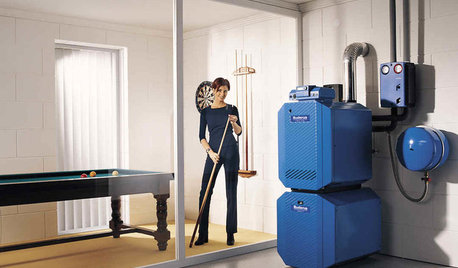
HOUSEKEEPING5 Steps to Improve Your Heating System Now
Increase your heater's efficiency and safety for lower energy bills and greater peace of mind this winter
Full Story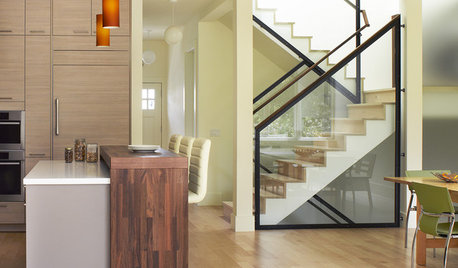
FLOORSIs Radiant Heating or Cooling Right for You?
Questions to ask before you go for one of these temperature systems in your floors or walls (yes, walls)
Full Story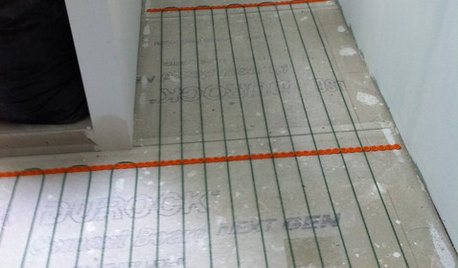
BATHROOM DESIGNWarm Up Your Bathroom With Heated Floors
If your bathroom floor is leaving you cold, try warming up to an electric heating system
Full Story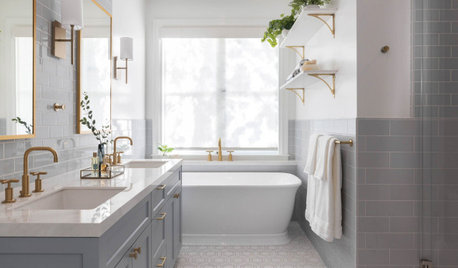
FLOORSWhat to Ask When Considering Heated Floors
These questions can help you decide if radiant floor heating is right for you — and what your options are
Full Story
GREEN BUILDINGInsulation Basics: Heat, R-Value and the Building Envelope
Learn how heat moves through a home and the materials that can stop it, to make sure your insulation is as effective as you think
Full Story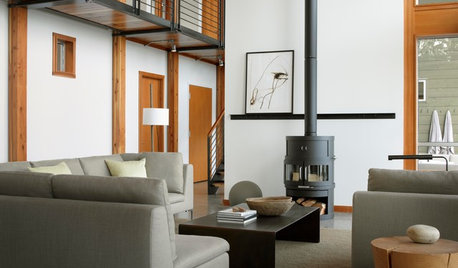
REMODELING GUIDESClean-Burning Woodstoves Ignite a Greener Heating Trend
No need to rely on oil or gas to heat your home — new woodstove designs burn cleanly and are beautiful to boot
Full StoryMore Discussions






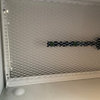
ionized_gw
seabee570
Related Professionals
Old Saybrook Solar Energy Systems · Paradise Solar Energy Systems · Clearwater Home Automation & Home Media · Millbrae Home Automation & Home Media · Newark Home Automation & Home Media · Pittsburgh Home Automation & Home Media · Richfield Home Automation & Home Media · Roselle Home Automation & Home Media · Sarasota Home Automation & Home Media · Southlake Home Automation & Home Media · Surprise Home Automation & Home Media · Tampa Home Automation & Home Media · Burlingame Electricians · Bountiful Fireplaces · Lancaster FireplacesUser
mr_havac
baymee
kframe19
shadetree_programmer
zl700
zl700
hendricus
baymee
jamesk
Brewbeer
ionized_gw
baymee
Brewbeer